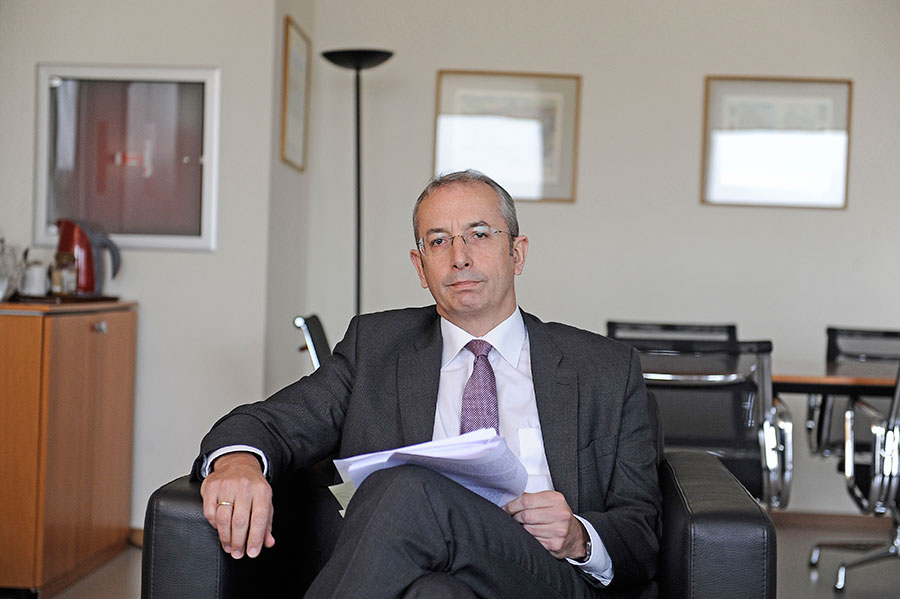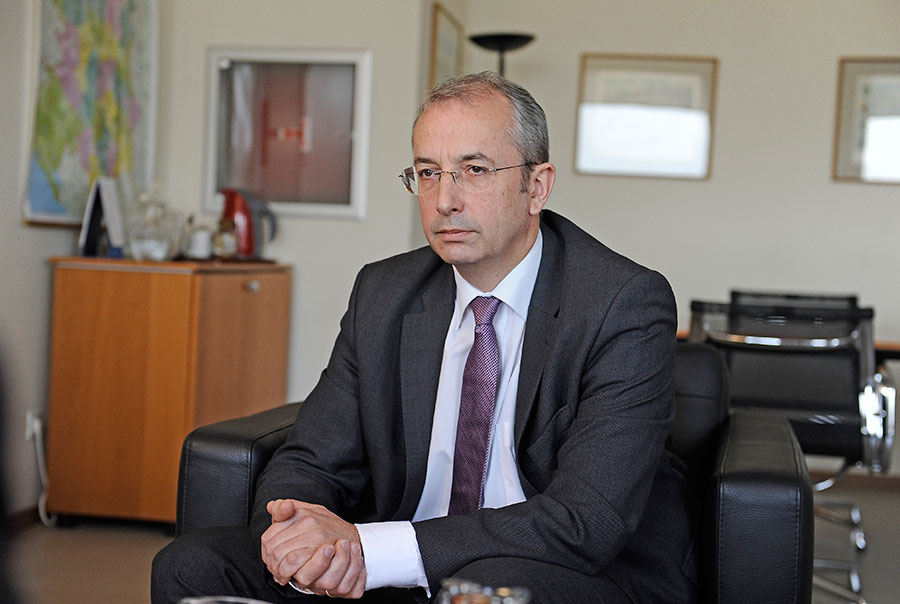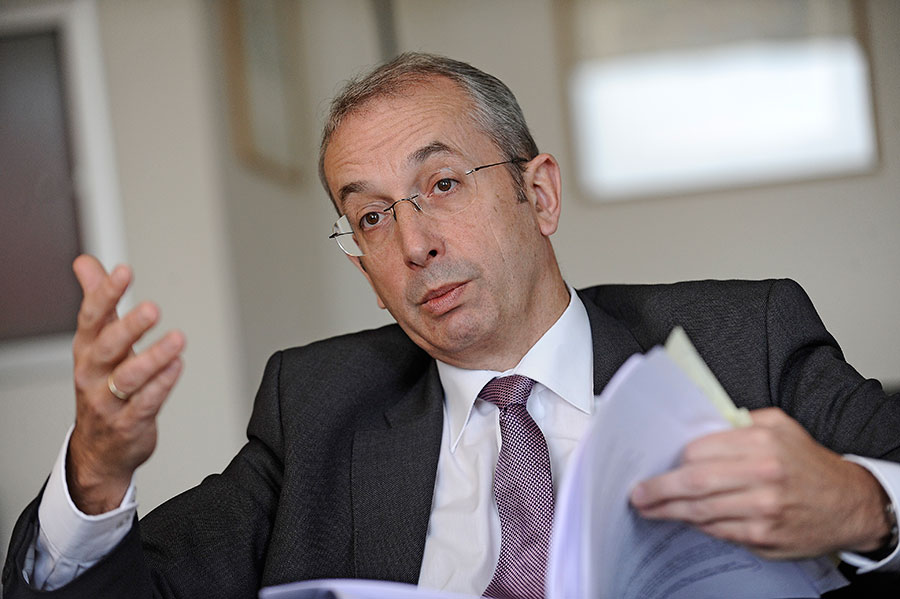Head of the EU Delegation to Serbia Michael Davenport told Kurir daily that he stood ready to return to the session of the Parliamentary Committee on European Integration of the National Assembly provided that normal conditions for the presentation of EC Annual Report were in place and reminded that he was yet to receive such an invitation.
“I should not be the one describing the conditions necessary for a reasoned discussion,” Davenport said.
Davenport said that the European Commission’s Report observed certain progress in the area of rule, particularly regarding the justice reform, but added that there was a lack of progress in creating conditions for the freedom of expression.
Davenport said that when it comes to freedom of expression key remarks applied to securing stable finance of public broadcasting services in order to make them independent and put them at the service of public interest.
“The Report also observed that the project co-financing envisaged by the law was not functioning properly and that the distribution of funds was often contrary to the decisions made by independent commissions in charge of project evaluation,” Davenport said.

Dado Djilas/Kurir
According to him, media laws are not fully implemented, the privatisation of the media is not completed, whereas the legislation fails to increase the transparency of media ownership.
The issue of political and economic influence on the media remains a cause for concern, Davenport said, as it put strain on editorial policy due to lack of regulations governing the distribution of advertising revenue.
Asked to comment on Serbia foreign policy, Davenport said Serbia was not asked to impose sanctions on Russia.
“Serbia pursues its own foreign policy. This is not about its relations with Russia, but the entire foreign and security policy, which is a broad area,” Davenport said.
There is more to harmonising foreign policy with the EU than the issue of imposing sanctions on Russia, Davenport said and added that he would like to see Serbia align its foreign policy with the EU CFSP.
“We have been dealing with various issues such as the South China Sea or Zimbabwe, in which Serbia took no participation,” Davenport said and added that the EU accounted for 70 percent of foreign investment in Serbia which unlocked a considerable growth potential.
Asked why the Report failed to mention the case of Savamala demolitions, Davenport said that the EC Report did not deal with individual cases, especially the ones dealt with by judicial authorities.
“The Delegation, however, is closely monitoring the situation and regularly informs Brussels about that case,” Davenport said and added that the Report clearly stated that recommendations made by independent agencies and institutions should be taken seriously.

Dado Djilas/Kurir
“The Ombudsman has made a report and his recommendations should be taken into account. Clearly, the demolition of any building outside the usual procedure is unacceptable anywhere in the world,” Davenport said.
“Citizens are entitled to protection when their property is in danger or their rights are being violated. It is up to the prosecutor to take next steps. It is not our place to meddle in such affairs,” Davenport said.
Commenting on media remarks about him being a supporter of protests against the Government, Davenport described those remarks as science fiction.
“I have known Prime Minister for six years and he is aware of my commitment to making Serbia a part of the EU and he knows I responded immediately to Serbia’s needs such as the Brussels Agreement in 2013 or the floods in 2014. The Prime Minister is aware of all that and our relation is nothing but professional,” Davenport said.
Asked whether he had ever had an unpleasant encounter with the Prime Minister, Davenport said that he “always enjoyed meeting with the Prime Minister.”




